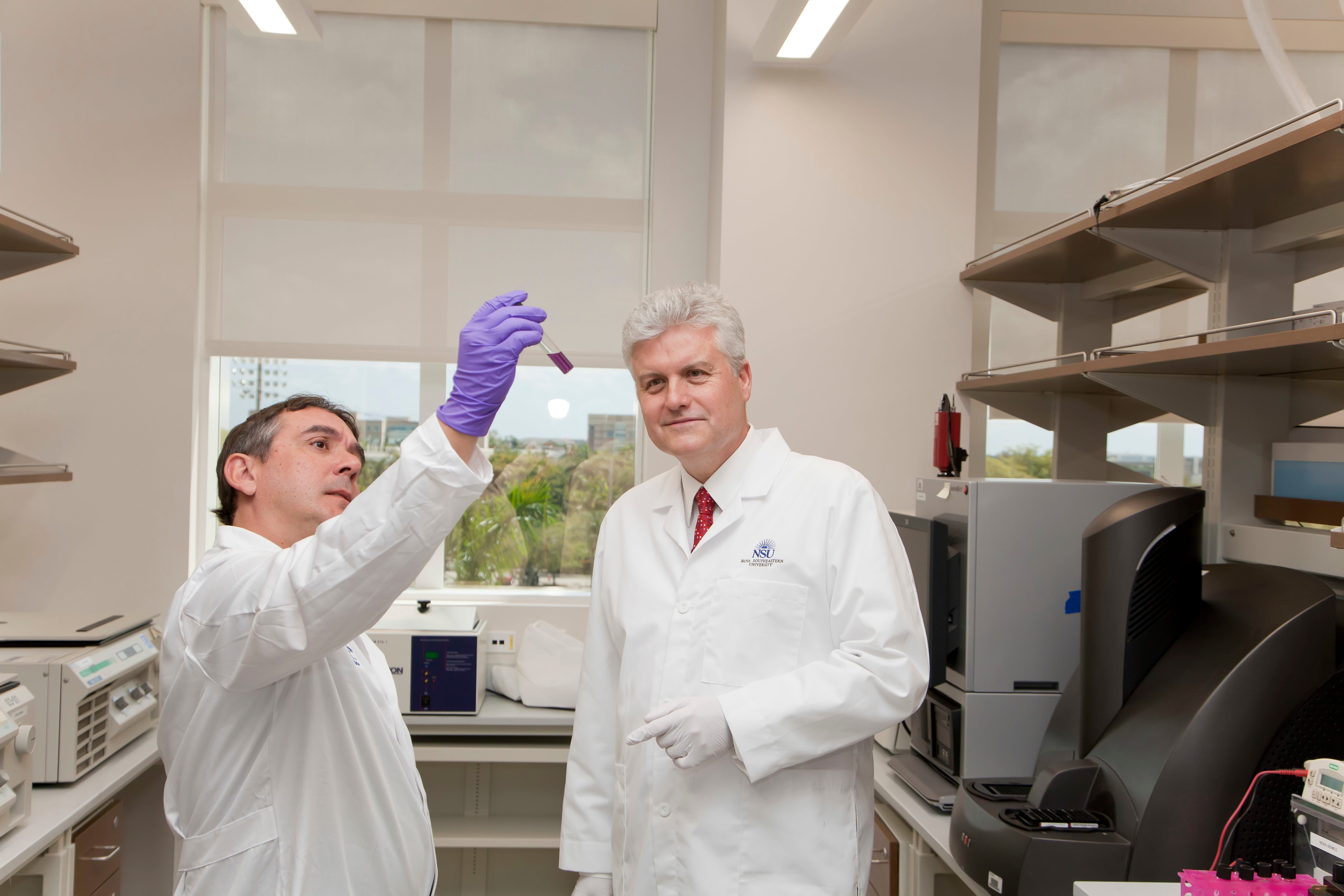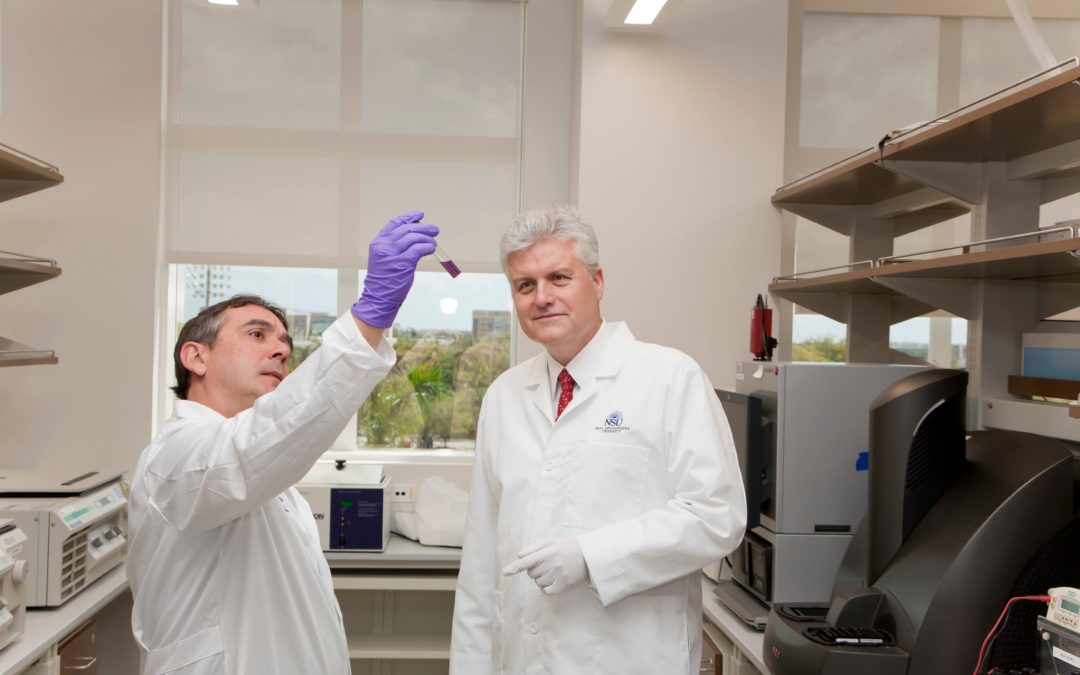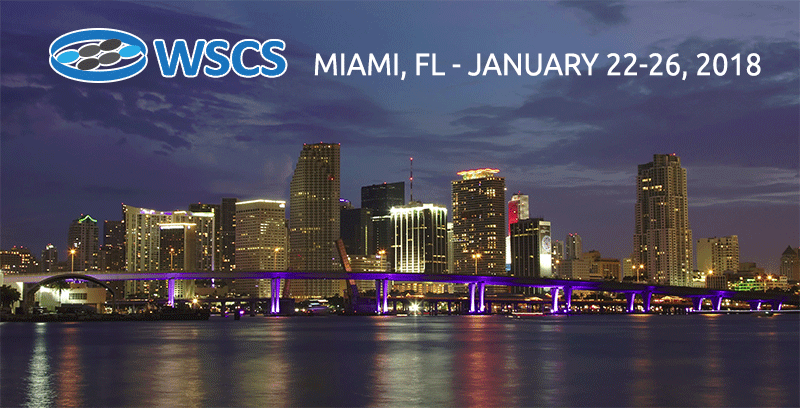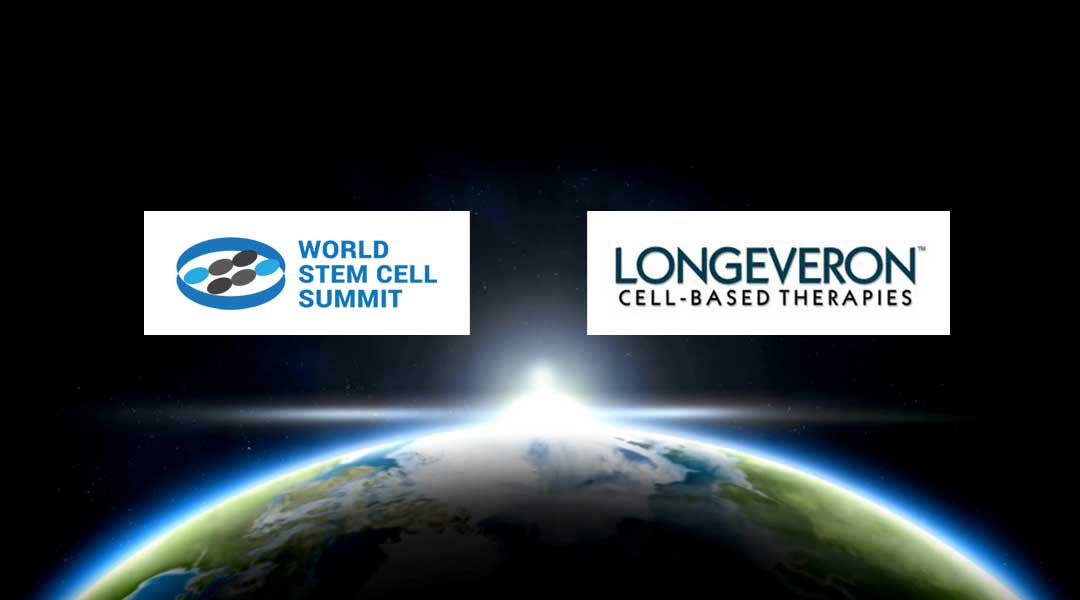 By Christina Mclaughlin – January 16, 2018
By Christina Mclaughlin – January 16, 2018
Researchers and faculty members from NSU’s College of Allopathic Medicine (M.D. College) will present their research in the fields of cancer immunotherapy and regenerative medicine at the 2018 World Stem Cell Summit from Jan. 22-26 at the Hyatt Regency in Miami.
There will be 10 NSU representatives from the M.D. College and NSU Cell Therapy Institute who will present new findings on groundbreaking research done on campus in their labs. Two presentations from NSU faculty scientists, Vladimir Beljanski and Adil Duru, assistant professors in the department of biomedical sciences, will focus on their work on cell regeneration and immunotherapies.
Beljanski’s presentation focuses on “Autophagy-Mediated Stem Cell Responses to Inflammation.” According to Beljanski, autophagy is a natural process which occurs when cells don’t have enough nutrients or their environment does not support their growth and development. This process is commonly seen when cells are stressed out by something which is affecting their environment — like tumors or diseases — so they try to protect themselves from these outside influences. When this happens, they rely on their own supply of biomolecules as a food source. Therapeutic cells themselves often encounter such adverse environments, and this study addresses how therapeutic stem cells respond to this challenge.
At his NSU lab, Beljanski works with Karl-Henrik Grinnemo, visiting research professor from Karolinska Institute and Uppsala University in Sweden, to investigate approaches that utilize therapeutic stem cells to repair damaged heart tissue. The main goal of their research is to eventually eliminate the use of heart transplants in heart disease patients.
Beljanski studies the reactions of the therapeutic cells once they are introduced to the patient, the topic of his presentation. And he hopes this information will be used to manipulate therapeutic cells prior to injection to make them more therapeutically active.
“Hearts have resident stem cells that can participate in rejuvenation of heart cells but to a very limited extent. This is where injection of exogenous [therapeutic stem cells] come in handy. I’m trying to find ways to make these cardiac stem cells more efficient,” said Beljanski.
Duru’s presentation will be “Developing Novel Immunotherapies for Cancer.”
Duru’s lab focuses on isolating Natural Killer cells (NK cells). This cell type is a major component of the immune system. NK cells have rapid responses toward tumors or virally-infected cells and they can kill these cells very quickly.
The lab focuses on analyzing, modifying and sequencing these cells for future testing. There are two main ways of obtaining these cells; they can use a patient’s blood or remove the tumor itself and isolate the immune cells in the tumor. Duru said the main premise is to use a patient’s cells to fight against the tumor cells inside their body. By accessing these immune cells highly affected by the tumor, they can then reactivate them, reprogram them and give them back to the patient to kill remaining cells. To reprogram the cells, they use genetically modify the NK cells to recognize the tumor cells and antigens in each patient specifically and react to them.
According to Duru, “We take the NK cells out and we reprogram them to target the tumors. That’s the first step. The next step to take is to make the programming more efficient to patients tumors and more specific to each of [cases].”
The summit comes at a time of development and expansion for NSU.
“We [at NSU] are the new kids on the block and we are developing first-class research programs and part of that development involves going to the scientific community and communicating findings,” said Beljanski.
With cancer and immune therapies at a forefront of research all over the world, NSU researchers are trying to fill a void in lag time over translating new discoveries.
“We are trying to design the future of therapies to be more patient specific. We consider each patient to be a separate case and try to design pipelines that are focused on this perspective,” Duru said. “The current therapy available compared to 30 years ago is highly advanced. Fighting with cancer is not over with. At NSU, we at the Center for Collaborative Research [CCR] are working closely with clinics, researchers and medical faculty to develop the next page, the next level in treatment that the patients can benefit from.”
Originally published in The Current




